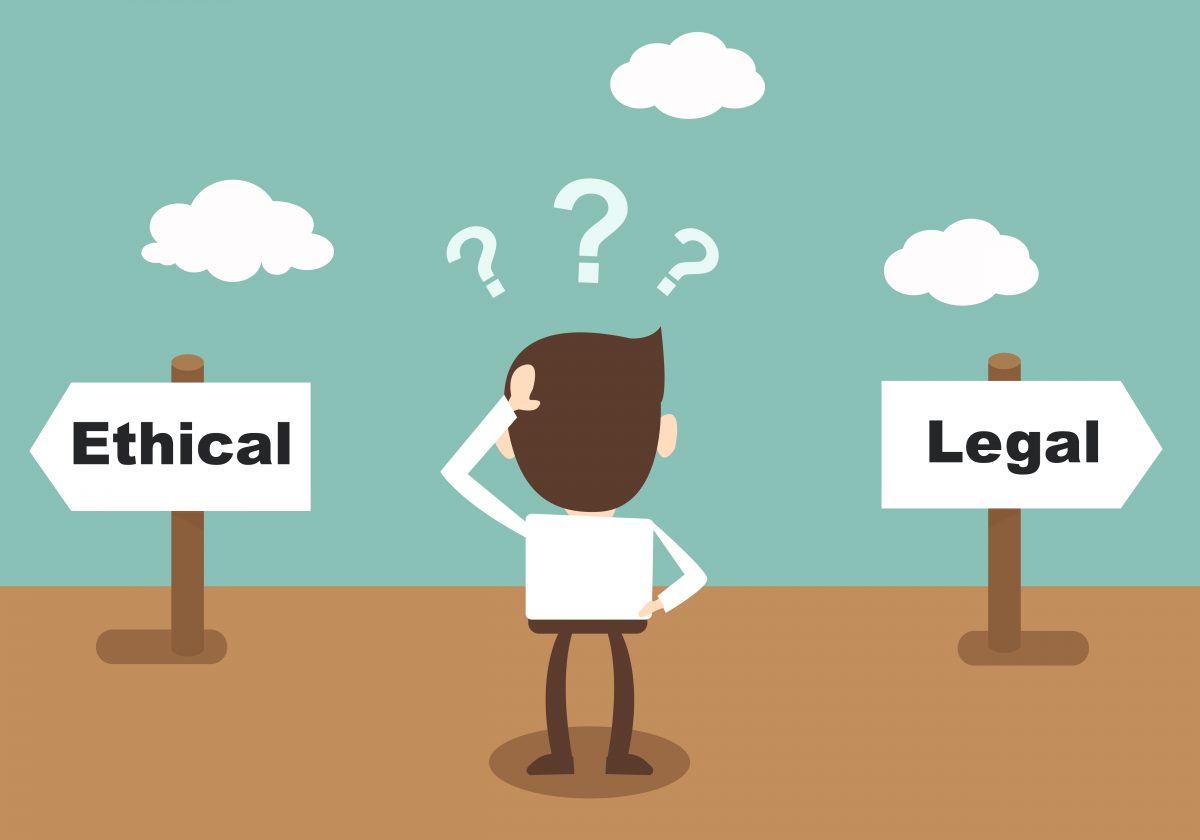Estimated reading time (in minutes)

Legal dilemma The appeal judges had in fact considered that the two companies should have implemented the technical means at their disposal in order to make it impossible to access the photos or videos already notified and which they store. They have thus exceeded the requirements of the LCEN to implement the responsibility of the hosts. In these cases, they had not been notified of the redistribution, to another address, of the infringing works by a regular notification, yet required by law for Google Inc. and France to be considered as having actually been aware of their illicit character and where they are and that they are therefore required to act quickly to remove the documents or make them inaccessible
Decision of the Court of Cassation on Google’s liability:-.
In three judgments rendered on July 12, 2012, the Court of Cassation censured the Paris Court of Appeal for its decision against Google Inc. and Google France. The Court of Appeal had condemned the companies for not having taken sufficient measures to prevent the re-uploading of content marked as illegal.
The obligation to monitor content: –
The Supreme Court criticized the Court of Appeals decision, saying it imposed a general obligation on Google to monitor and research illegal downloads. The Court pointed out that the requirement went beyond the ability to prevent or stop harm from current content. It judged the establishment of an unlimited blocking mechanism as disproportionate to the aim pursued.
Exceeding the responsibility of the hosts
The appeal judges ruled that Google should have used technical means to make access to the notified photos and videos impossible. However, the Court of Cassation considered that this exceeded the requirements of the law for confidence in the digital economy (LCEN) concerning the liability of hosts. The companies were not notified of the redistribution of the infringing works, and the Court pointed out that regular notification was necessary for Google Inc. and Google France to be considered to have actual knowledge of the illicit nature of the content and its location . .
The balance between responsibility and freedom
This decision highlights the delicate balance between making online platforms responsible for illegal content and safeguarding their freedom to operate. The judgments of the Court of Cassation emphasize that hosts must not be burdened with an excessive control obligation that undermines their operational capacity. The ruling reaffirms the importance of clear legal frameworks and notices in determining a host’s liability.
To advance
The judgments of the Court of Cassation serve as a precedent for future cases involving online platforms and their responsibilities in terms of monitoring content. It underlines the need for a fair and proportionate approach to hold businesses accountable for illegal content without imposing unworkable monitoring obligations. The judgments clarify the interpretation of the LCEN and reinforce the importance of a balanced approach to the regulation of online content.
